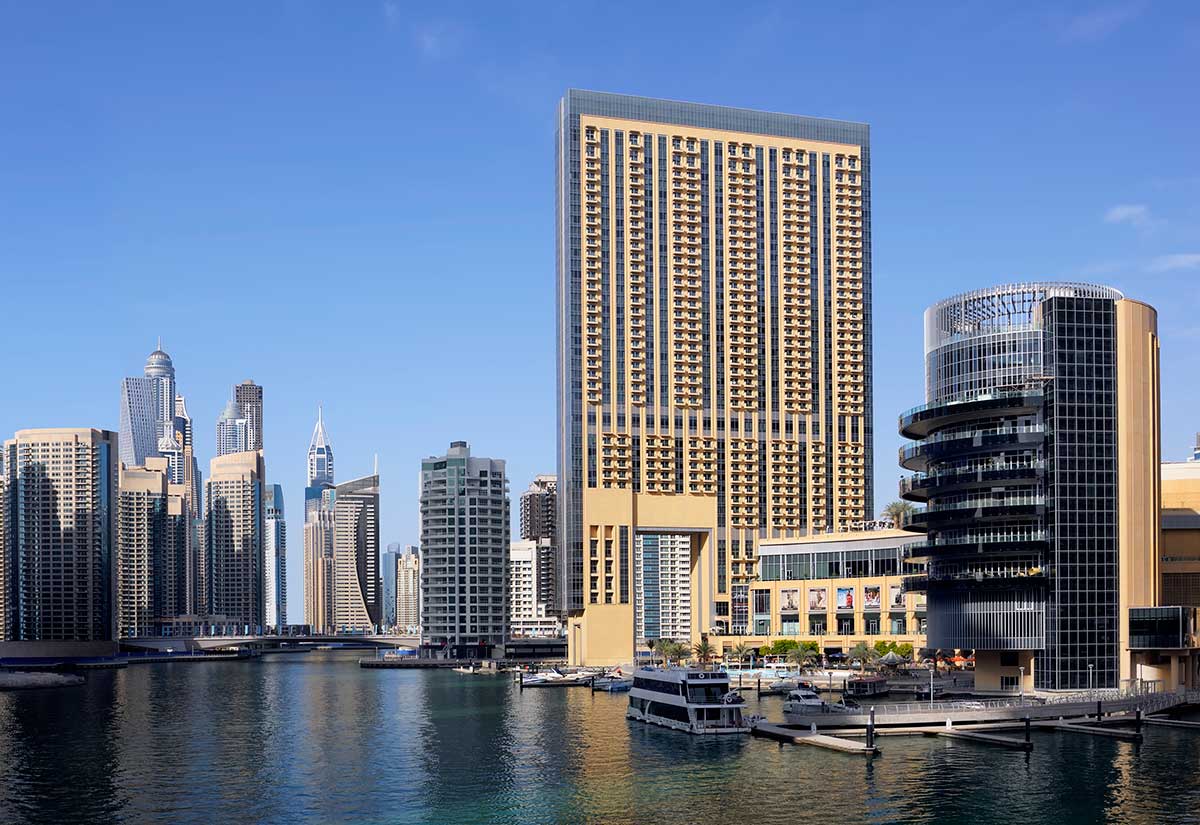Harnisch says: “Value-added tax per se does not impact investment opportunities; it is customer-oriented, and as you can see in the UAE, there has been a seamless transition. Here in the UAE, the authorities have defined how
VAT revenues are going to be channeled for the nation’s development.”
Essonni says: “VAT has been long coming so businesses were preparing themselves to embrace it and integrate it in their business plans. Also, we’re all bracing ourselves for even more forms of taxation in the near future…It’s inevitable!”
When it comes to the future, technology is also an issue mentioned by many hoteliers and owners as a trend that hotels need to take seriously now and over the next few years. Harnisch shares his thoughts: “While there are several areas of discussion, one of the central themes will be the ongoing debate on the digital transformation of the hospitality industry and how that is changing the way the industry addresses guest service.”
At Emaar Hospitality Group, Harnisch confirms that the operator has launched three key projects to mark their digital transformation, which will be a focus area for discussion at AHIC. The first project focuses on removing inflexibility of transactions and bringing seamless service to the guest, ensuring that guests can check-in/check-out anytime, anywhere. Transactions can be conducted through integrated mobile systems promoting self-service options.
“Our second digital initiative leads to the transformation of hotel rooms as intelligent rooms that tunes itself to the preferences of the guest through machine learning and artificial intelligence. By leveraging the Internet of Things, there will be connected devices for room control, motion sensors and integrated TV and voice control for enhanced guest experience,” he says.
Finally, Harnisch adds, the third project draws on digital collaterals to free up space in guest rooms and public spaces. “Through digital storage and connected processes, operational spaces will be decluttered, and turned into social spaces for better guest interaction and fun activities,” he reveals.
He notes: “From an operational point of view, the future of our industry will be set by how efficient our internal processes are. The application of blockchain technology and efficiency improvement tech-modules will be a driver of success. We are already relooking at how the guest experience can be further enriched through key digital projects, while enhancing our operational efficiency.”
The future also holds many events as well as long-term vision plans from various GCC governments. So Harnisch echoes Essoni’s comments, and says: “Investments in the region’s hospitality sector are strong especially with the focus of the governments to drive economic diversification with a focus on tourism sector for the enormous potential it has. In the UAE, the preparation for Expo 2020 Dubai, is another driver for hotel investments.
In Saudi Arabia, it is the Saudi Vision 2030, which aims to strengthen the share of tourism in the GDP, that has energised hospitality investments.
Essonni concludes: “With two global events upon us, Expo 2020 and the World Cup, the sentiment is rather positive, which fact is evident in the sheer size of the pipeline (51% as mentioned earlier). Most see these two events as catalysts for even further growth for the region as a whole. There’s also a mounting appetite for affordable ‘design’ hotels such as Marriott’s Moxy and Aloft, Hilton’s Curio or yet Hyatt’s Andaz.”

| Advertisement |





